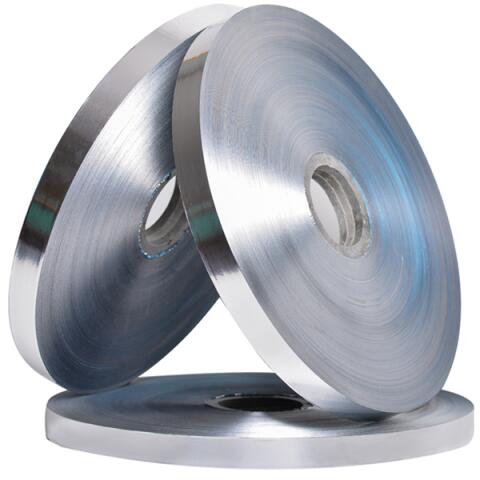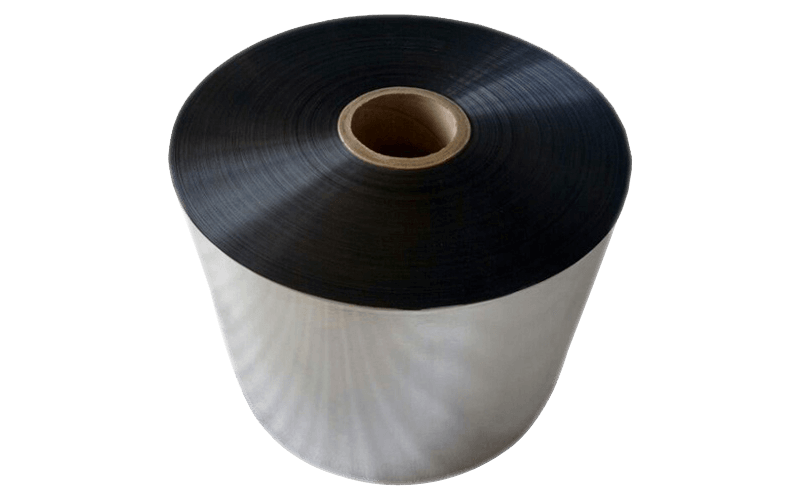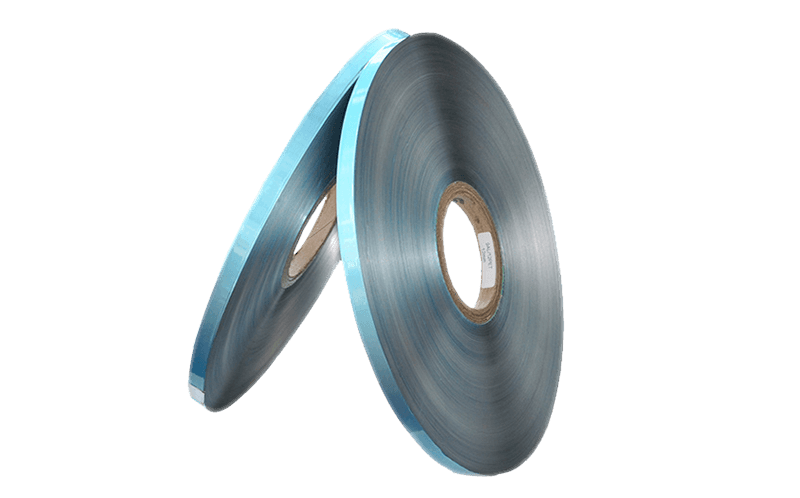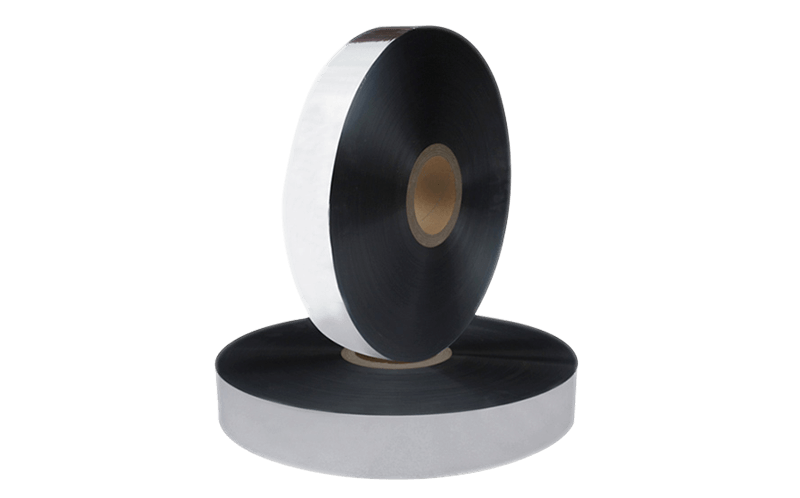Insulation is a vital part of any cable—it’s what keeps […]
Insulation is a vital part of any cable—it’s what keeps the current from flowing in two directions at the same time, and prevents the transfer of energy from one wire to another. Insulation also protects the wire from temperature, chemicals, oil, and other elements that could damage it or cause a short circuit. There are many insulating materials available, and it’s important to know which will be the best fit for your particular project. In this article, we’ll take a look at the three main categories of insulation material and some of the traits that you should keep an eye out for when choosing a new type of wire or cable.
Most cable insulation is a thermoplastic material. These are polymers that have been cured, or vulcanized, to make them stronger and more heat-resistant than their uncured counterparts. Examples of thermoset materials include styrene butadiene rubber (SBR), which has good chemical resistance and an acceptable working temperature range of up to 482degC; and polychloroprene, or neoprene, a synthetic thermoset that’s oil-, abrasion-, and solvent-resistant with excellent cut-through resistance, as well as high tensile strength and flex life.
Thermosets and thermosets are the most common insulation types, but there are also a few other options as well. For example, ethylene-propylene copolymer (EPP), commonly known as XLPE, is an extremely strong, flexible, and durable insulator that’s suitable for many different environments. It’s used in cables with high-speed transmission and low capacitance, and it can be foamed to reduce the dielectric constant for improved data transmission. It’s a little more expensive than other insulation materials, but it is a safe and economical choice.
Other types of insulation include polyethylene, polypropylene, polytetrafluoroethylene, and fluoropolymers. Polytetrafluoroethylene, or PTFE, is an excellent insulator for harsh environments. You’ll find it in military applications and cathodic protection cables, which need to resist corrosion from harsh chemicals like chlorine and hydrogen gases. You can also find a variety of insulated wires made specifically for outdoor use, such as KYNAR and HALAR, which perform well in cold temperatures.
When deciding on the appropriate insulation for your project, it’s important to consider the environmental conditions you’ll be operating in. For example, you’ll want to choose a type that can withstand wet and damp conditions, as well as extreme temperatures. In addition, some insulation types are more resistant to harmful chemicals than others—for instance, HALAR is excellent for underground applications because it’s highly durable against chlorine and other substances that can cause corrosion. For more information about wire insulation and its properties, contact the professionals at Performance Wire & Cable. We’ll be happy to discuss your application and suggest the right insulation material for it. We can even offer samples of the products we carry!




